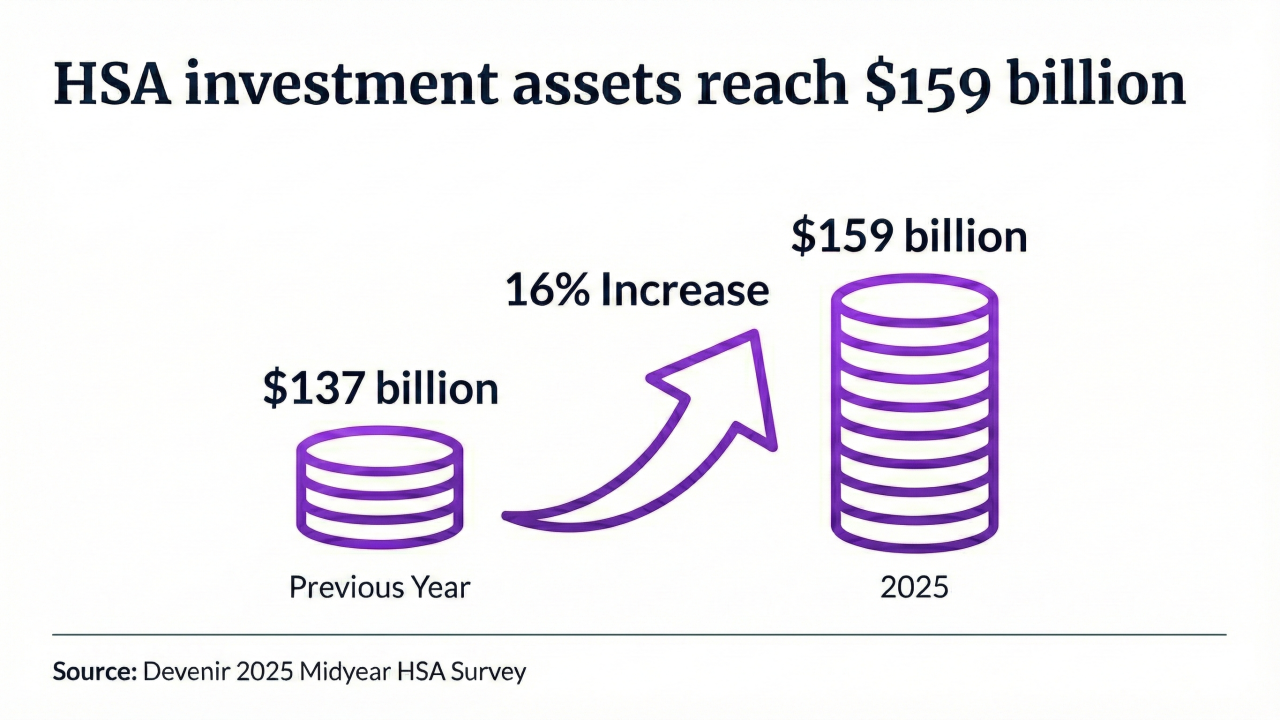Our daily roundup of retirement news your clients may be thinking about.

Contributing to a Roth IRA is a great strategy for clients to minimize their taxes in retirement, as contributions are taxable but distributions are not subject to income taxes, writes a Forbes contributor. However, rich investors cannot contribute to a Roth IRA because of income limits, but have the option of getting cash value life insurance, writes the expert."This strategy, sometimes referred to as the Rich Person Roth, can offer as much, or as little, tax-free income in retirement that you are willing to plan and save for."
Clients who want to retire at an earlier date should consider reducing their annual expenses and get a side job to have more money to save for retirement, according to this article on U.S. News & World Report. They should also invest in income-generating assets if they have maxed out contributions to their tax-advantaged accounts. They also might consider moving to a place with a lower cost of living and doing a Roth IRA conversion to have a tax-free income after they retire.
Many rich families are considering scrapping their family limited partnerships as a result of federal estate tax exemption increase to $11.2 million under the new tax law, writes an expert for Arizona Daily Star. However, wealthy clients are advised to consult an estate tax and FLP expert before making a decision. “This is a complicated area of the law, not for a practitioner new to FLPs. There are pitfalls if you move forward without proper advice,” says an attorney.
A survey commissioned by Home Instead has found that many retirees decided to return to the workforce primarily because they don't have enough savings, according to this article on CBS Moneywatch. Others decided to "unretire" because they are simply growing bored in retirement, the survey found.





